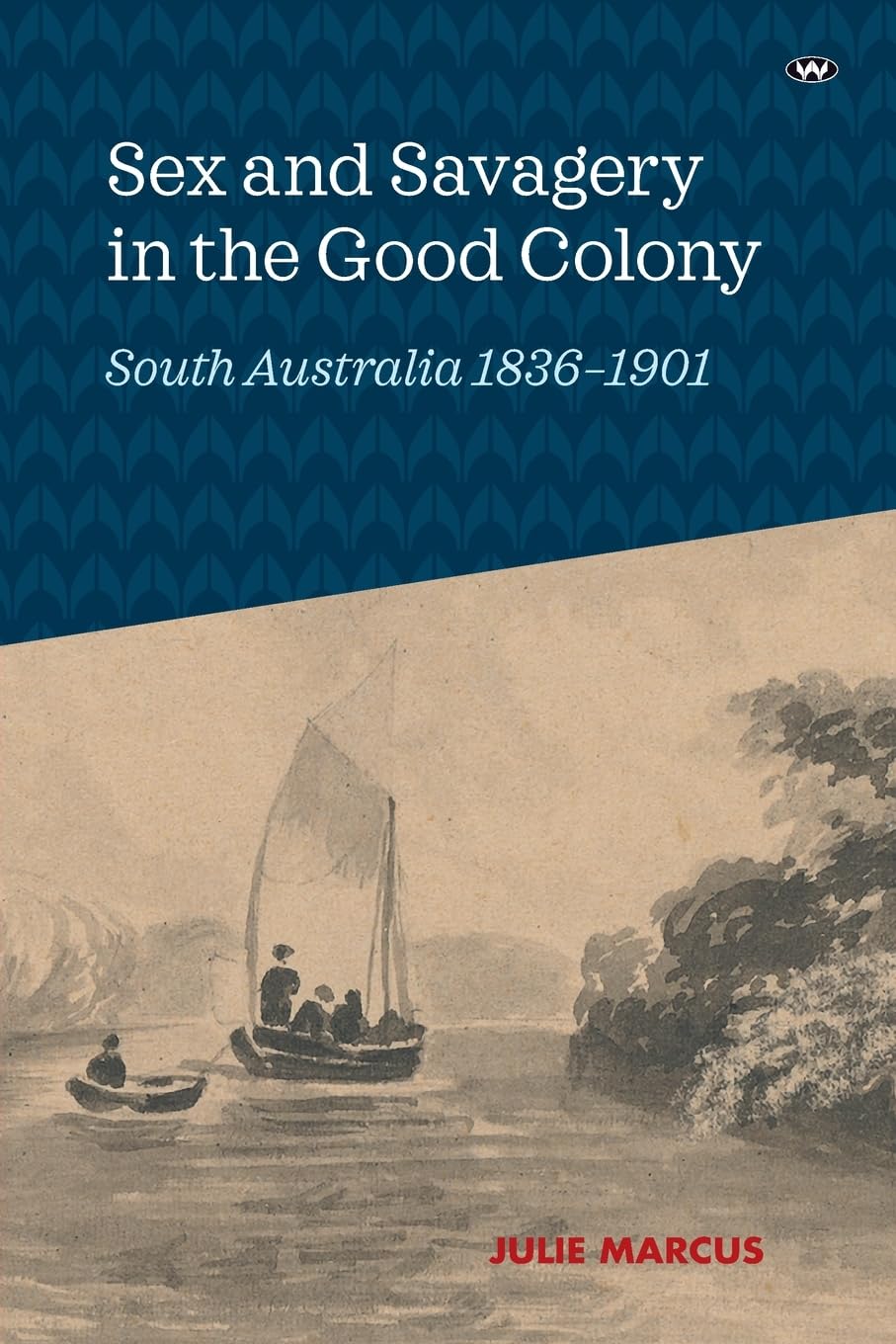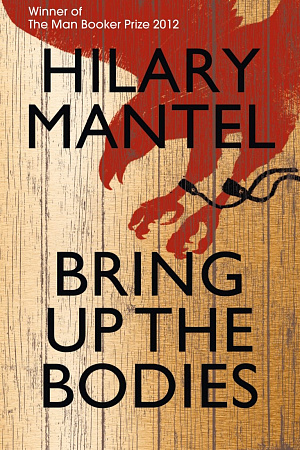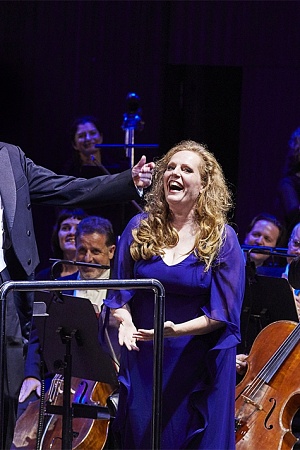Diary
Editors tend not to look back – there is simply no time for nostalgia. Many literary editors in Australia work alone, or with one or two part-time assistants. Australian Book Review now has a staff of four (it was three when I began in 2001). This may seem huge, but check out the imprint pages of like publications in London or New York and note the difference. We smile when people ring our office and ask to speak to the advertising manager or the marketing manager. As if!
Often, when people ask me what’s in the current issue or the penultimate one, I draw a blank. I’m too busy thinking about next month or the following one – what’s overdue, what needs special husbandry, what’s likely to excite most interest.
Now, startlingly, I don’t have to worry about coming issues: that’s for others. Inevitably, as I pen this diary (I’ve never been fond of editorials), I have time to reflect on those twenty-four years – further back too. I first wrote for ABR in 1995, somewhat reluctantly, it must be said. My predecessor as Editor, Helen Daniel – who died in late 2000 after years of stalwart service in taxing circumstances – had long tried to persuade me to write reviews. I was wary, mindful of those cautionary lines in Alexander Pope’s Essay on Criticism:
Be sure yourself, and your own reach to know,
How far your genius, taste, and learning go;
Launch not beyond your depth, but be discreet,
And mark that point where sense and dullness meet.
Eventually, Helen prevailed. (Editors are nothing if not persistent.) So I wrote my review, with a kind of absurd tentativeness. First reviews are the hardest, though the hundredth or the thousandth should never be supremely easy. (That shows too.) Mine got me into a spot of bother. Days after it appeared in ABR, I was programmed at the same poetry festival as the author of the book I had anxiously reviewed. (The gods were sporting with me.) He seemed quite bilious when he collared me. Indeed, I began to regret not having taken up pugilism, as my father did as a young recruit down from the Mallee, determined to toughen himself up for the blows that would surely follow on football fields. ‘Thanks, very much, Helen,’ I said to myself. Crisis averted, I began to realise why criticism meant so much to Helen, and, perversely, why I wanted to go on doing it, long before I ever thought of joining ABR.
Reviewers – like editors – can be stubborn creatures.
Poetry was the first thing I added to ABR’s repertoire – not because I happen to be a poet, but because I felt that any literary magazine worth its salt (like any publishing house, for that matter) should publish poetry. ‘Human life without some form of poetry,’ as Randall Jarrell reminded us, ‘is not human life but animal existence.’
Gig Ryan and Rosemary Dobson gave us poems for my first issue, and were soon followed by the likes of Robert Adamson, Peter Porter, and Clive James. New poetry is now an established component of ABR, like the Peter Porter Poetry Prize, first offered in 2005 under a different name.
Apt it thus seems to reprint some of my favourite poems from the past quarter of a century. Salutations to our featured octet (or their shades) and to the hundreds of poets who have enriched our pages.
People have been most generous since I announced that I was leaving ABR. I’m touched by your remarks, as I am by the reflections that open this issue, written by some of our senior contributors and by the new Editor, Georgina Arnott, with whom I have enjoyed working for two and a half years, especially during the recent and most successful transition. ABR is in excellent hands.
I had no idea that I would edit ABR for so many years. I remember saying to Peter Craven and Robert Manne when they sounded me out about joining the magazine after Helen’s death, ‘Yes, I’ll do it for a couple of years.’ But ABR grows on you, warts and all, deadlines and crises notwithstanding.
What comes through in the many emails and messages I have received in recent months is a tremendous regard for the magazine – its work, its mission, its collective and accumulated clout. We all know, in a slapdash and philistine age, how important this project is. Long may it flourish!
At this benighted time, disfigured by the posturing and platitudes of autocrats and their plutocratic enablers, we could all do with a dash of Noël Coward in our lives: witty, garrulous, debonair, appalled. As I end this piece with thanks to all my friends and colleagues at ABR – staff, board members, contributors, volunteers, interns – and to the subscribers and Patrons who make it all possible, these lyrics from a favourite Coward song seem apropos:
I went to a marvellous party
We played the most wonderful game
Maureen disappeared
And came back in a beard
And we all had to guess at her name
As the song goes, ‘I couldn’t have liked it more.’
Peter Rose











Comment (1)
What will be will be if only you let go and let things happen. About as close as we come to spirituality in this life.
Leave a comment
If you are an ABR subscriber, you will need to sign in to post a comment.
If you have forgotten your sign in details, or if you receive an error message when trying to submit your comment, please email your comment (and the name of the article to which it relates) to ABR Comments. We will review your comment and, subject to approval, we will post it under your name.
Please note that all comments must be approved by ABR and comply with our Terms & Conditions.